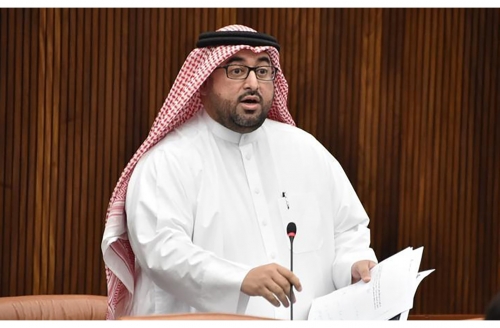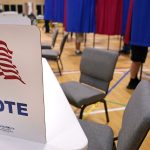The Council of Representatives in Manama recently experienced a tense moment when MP Hamad Al Doy’s social media posts about beach behaviour on Amwaj Island sparked controversy. The Amwaj Islands Central Owners Association objected to his posts and accused people on the island’s beaches of inappropriate conduct. Al Doy’s confrontation with other MPs, including Ahmed Al Salloom and Khalid Buanaq, led to a 45-minute prayer break in the session.
As tensions rose, the Council Chairman urged Al Doy to sit down, but he refused and insisted on speaking to set the record straight. This further stirred the chamber, prompting newly elected MP Abdulwahid Qaratah to call for a pause and lead Al Doy out of the chamber to ease the situation. The Chairman then announced a prayer break to allow for a cooling-off period.
Before leaving, Al Doy vowed to return and resolve the issue, stating that he had a duty to the public and his conscience. It was revealed that a request had been made to lift Al Doy’s parliamentary immunity due to the association’s complaint. The association later announced that their legal advisor would pursue a defamation suit against Al Doy, to which he responded by accusing them of hiding the truth and twisting his words.
The incident at the Council of Representatives highlights the challenges faced by MPs when addressing controversial issues. In this case, Al Doy’s social media posts led to a legal complaint and a potential defamation suit, demonstrating the importance of responsible communication and transparency in public office. The prayer break symbolizes a moment for reflection and reconciliation, allowing for tensions to subside before continuing with parliamentary proceedings.
The role of MPs in representing their constituents involves a delicate balance between freedom of speech and accountability for their words and actions. The Amwaj Islands Central Owners Association’s objection to Al Doy’s posts underscores the need for MPs to consider the impact of their public statements on various stakeholders. It also emphasizes the importance of maintaining professionalism and integrity in public discourse to avoid legal disputes and conflicts within the legislature.
The incident involving Al Doy serves as a reminder of the consequences of unchecked rhetoric in politics and the importance of respectful dialogue in addressing contentious issues. By engaging in constructive dialogue and finding common ground, MPs can promote understanding and collaboration within the legislative body. It is essential for MPs to uphold ethical standards and demonstrate a commitment to transparency and accountability in serving the public interest.
In conclusion, the incident at the Council of Representatives in Manama highlights the complexities of navigating contentious issues in a political setting. MPs must exercise caution in their public statements and conduct to avoid conflicts and legal disputes that could undermine their credibility and effectiveness as elected representatives. By fostering open communication and respectful dialogue, MPs can work towards addressing disagreements and finding consensus on issues that impact their constituents and the broader community.
















